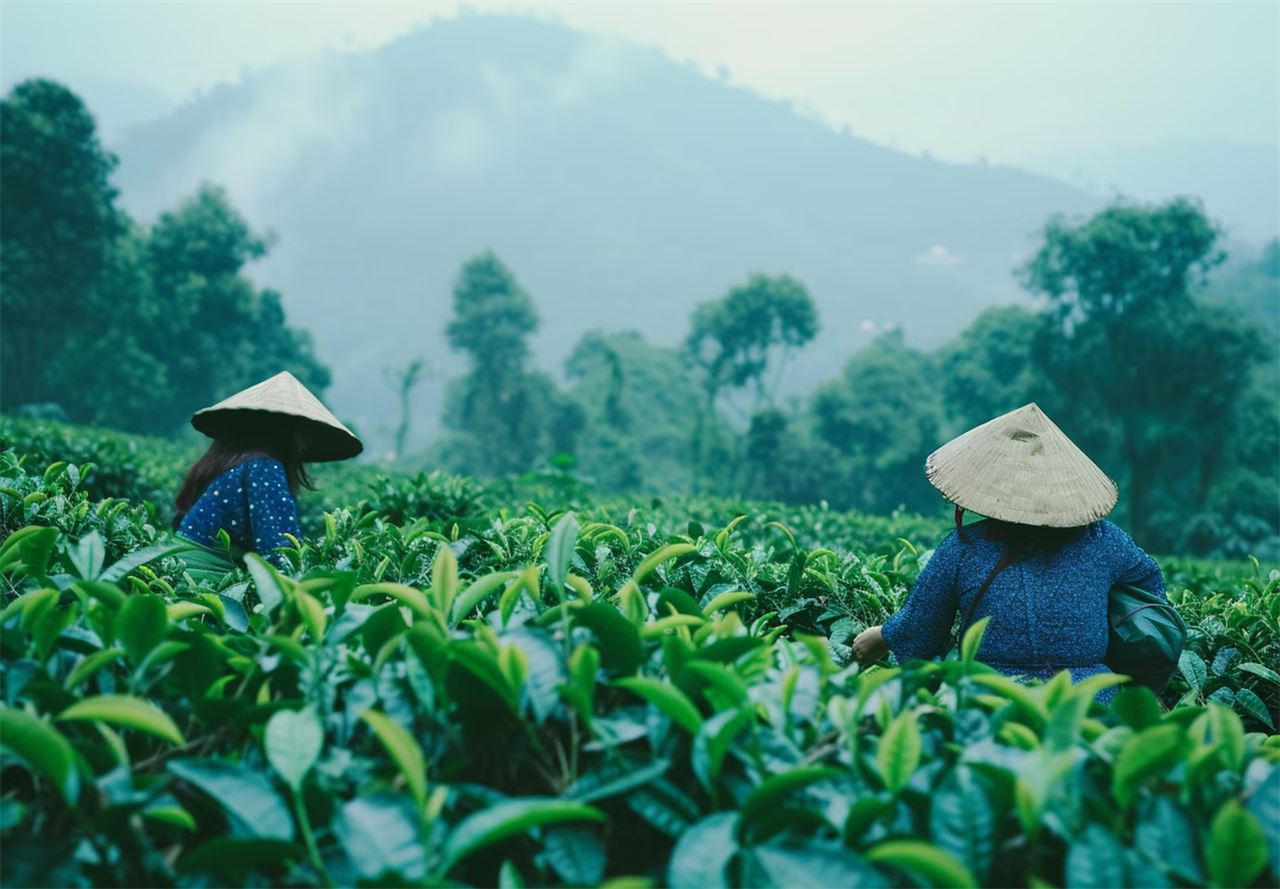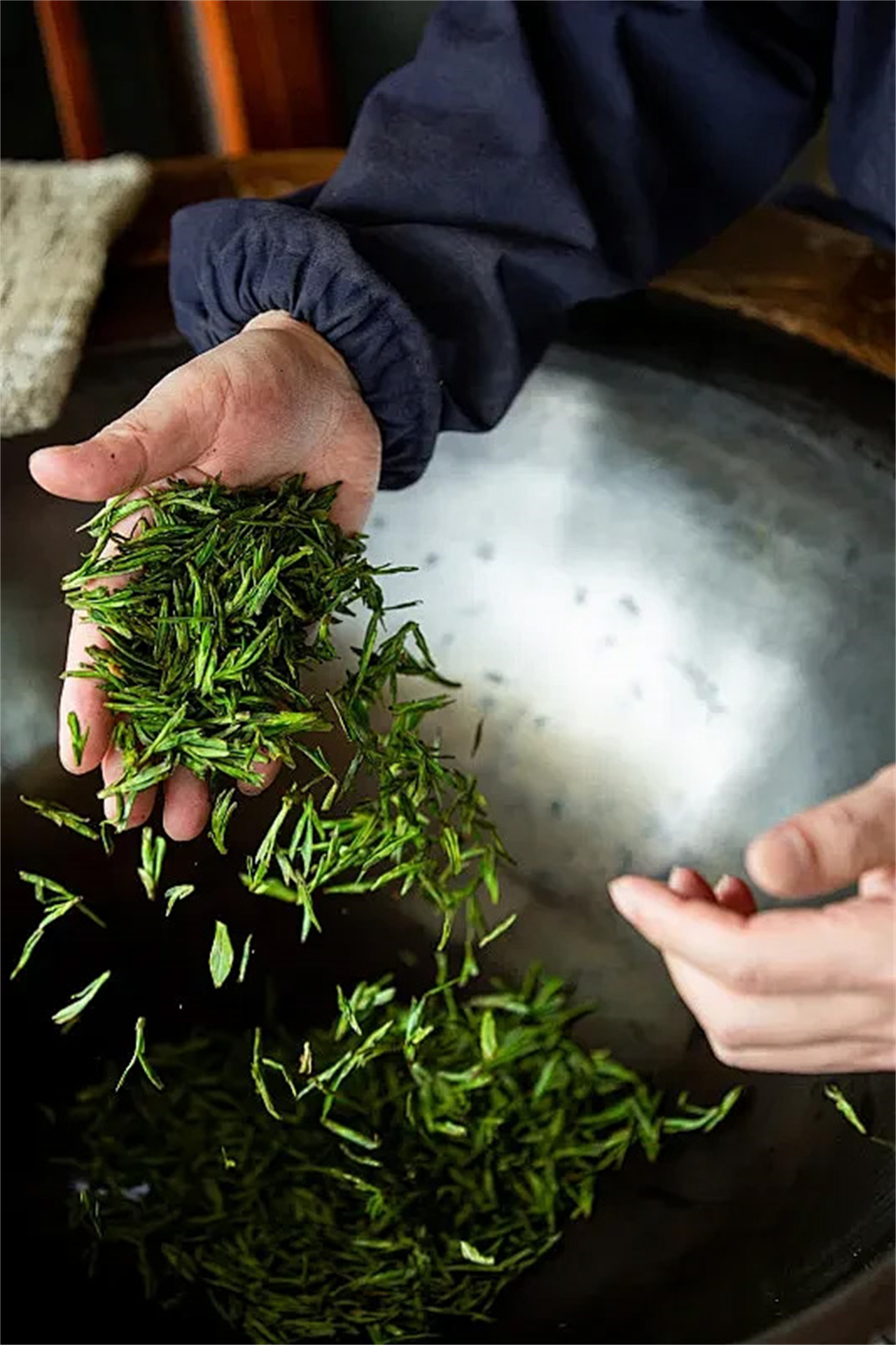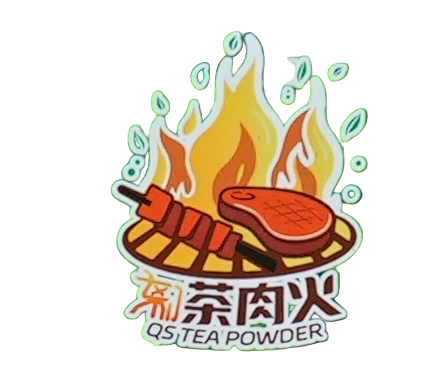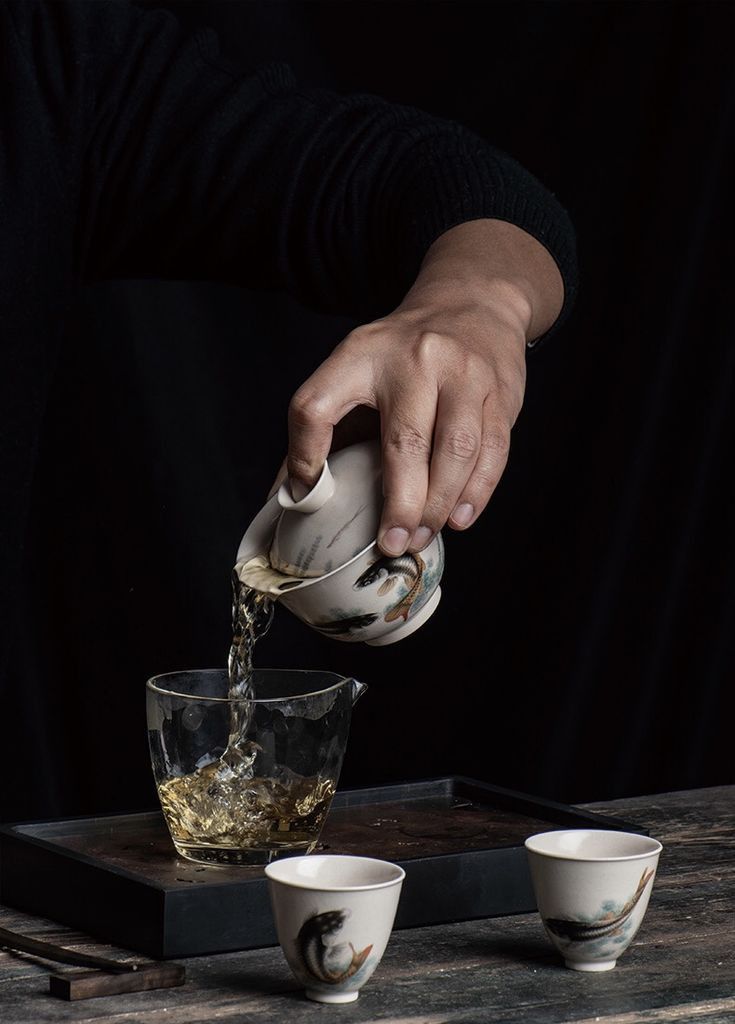Tea holds a significant place in Chinese tradition. With the development of Chinese society, tea production has not only driven economic growth but also remained an integral part of daily life. The practice of tea culture elevates the spirit and wisdom of humanity to a higher level. Tea has an extremely close connection to Chinese culture, and its study encompasses a broad field with extremely rich content. It embodies both the spirit of civilization and ideological forms, undoubtedly enhancing people's social accomplishments and aesthetics.

History of Chinese Tea:
The history of Chinese tea is a long and gradual process of refinement. Generations of growers and producers have perfected the Chinese way of making tea and its many regional specialties. The origin is attributed to the legendary Emperor Shennong, who is said to have lived 5,000 years ago. His far-sighted regulations required all drinking water to be boiled for hygiene. One day in summer, while visiting a distant part of his realm, his court stopped to rest, and his servants boiled water to drink. Dried leaves from a nearby bush fell into the boiling water, infusing it with a green leaves. As a scientist, the Emperor drank some, found it refreshing, and was intrigued by the new liquid, . Thus, according to legend, tea as a daily beverage for the Chinese tea was found in 2737 BC.
Chinese Tea Types:
The main varieties of Chinese tea are classified as green tea, black tea, Oolong tea, white tea, yellow tea, and dark tea. Read more about these Chinese tea types.

Chinese Tea Culture:
Drinking tea: It is consumed as a beverage to quench thirst.
Tasting tea: The quality of tea is judged by its color, fragrance, flavor, water quality, and even the tea set. When tasting tea, one should savor it thoroughly.
Tea art: Attention is paid to the environment, atmosphere, music, infusion techniques, and interpersonal relationships while drinking.
The highest realm - tea lore: Philosophy, ethics, and morality are integrated into tea activities. People cultivate their morality and mind and savor life through tea, thereby attaining spiritual joy. Chinese tea lore is several hundred or even thousands of years older than that of Japan. It is said that Chinese tea lore emphasizes spirit and downplays form. Tea lore had different manifestations in different historical periods. Teas are diverse but all embody the tea spirit of "clearness, respect, joy, and truthfulness."
Tips for Effective Tea Drinking:
Drinking tea has numerous benefits, such as refreshing the mind, clearing internal heat, and helping with weight loss. As you incorporate a cup of tea into your daily routine, follow these tips for maximum health benefits.
1. Drink it hot. Tea oxidizes quickly after brewing, and its nutrients diminish over time. Drinking it hot is recommended to get the most out of tea.
2. Avoid excessively strong tea. Making tea too strong can upset the stomach and cause insomnia. Generally, 4 grams (0.13 ounce) of tea leaves mixed with 250 milliliters (0.44 pint) makes a cup of tea. An overall consumption of 12 - 15 grams (0.4 - 0.5 ounces) of tea leaves is suitable for daily use.
3. The best time to drink is between meals. Do not drink tea shortly before or after meals, as it may suppress appetite when the stomach is empty or cause indigestion when full.
4. Do not drink with medication. Tea contains a lot of tannin, which reacts with certain elements in medicine and reduces its effectiveness. Drink tea a few hours after taking medicine.
5. Green tea is the best choice for office workers. Green tea contains catechins that help prevent computer radiation and replenish the body's moisture content.

